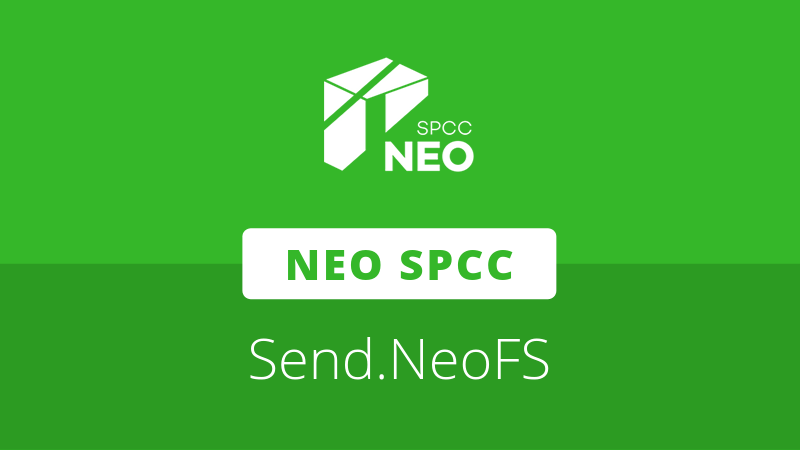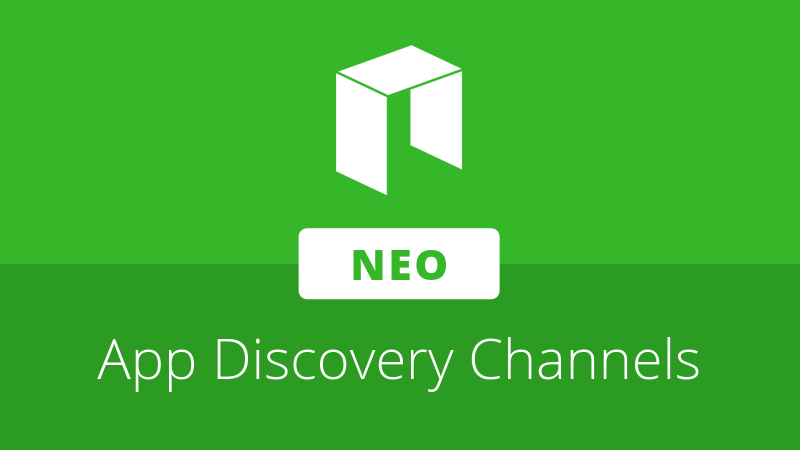
NEO St. Petersburg Competence Center (NEO SPCC) has released a web-based tool called Send.NeoFS, which acts as an example integration of its HTTP gateway protocol. The site allows anyone to upload a file to the NeoFS TestNet, which generates a link that can be shared as desired.
What is NeoFS?
NeoFS is a distributed, decentralized object storage network developed by NEO SPCC. Built with NEO integration in mind, NeoFS aims to support the shift away from third-party storage providers, providing users with complete control over their data.
The service is designed to work with NEO smart contracts, allowing for truly decentralized applications, and can also be used as a content delivery network. Users can rent out storage in return for GAS, or use GAS to store files on the network.
Developers looking to integrate NeoFS into their applications can find the SDK and docker images for local NeoFS setup alongside additional information here.
NeoFS TestNet
Objects stored on the NeoFS TestNet are distributed across multiple geographically decentralized nodes. A Reddit post by Fabian Wahle, NEO SPCC and COZ co-founder, noted that storage nodes are currently located in St Petersburg, New York, Singapore, Frankfurt, London, Bangalore, Toronto, and Frankfurt.
At the time of press, files may be uploaded on Send.NeoFS with a user-specified lifetime of 15 minutes, 1 hour, 24 hours, or 48 hours. File uploads are free during the testing phases, with a file size limit of 50Mb.
In future tests, NEO SPCC will allow users to create personal containers in the NeoFS test network. At this point, it will become possible to make payments using a NEP-5 version of the TestNet GAS token, though these payments will be made optional for convenience.
The team also intends to allow the NEO community to launch their own storage nodes, allowing them to participate in the public test network. TestNet token payments will be required from this point forward, however, the file size limits will be abolished.
Send.NeoFS can be accessed at https://send.fs.neo.org/







About The Author: Brett Rhodes
Brett is a blockchain enthusiast and freelance writer who originally began producing content for the gaming & eSports industries. Now he spends most of his time contributing in the Neo ecosystem.
More posts by Brett Rhodes